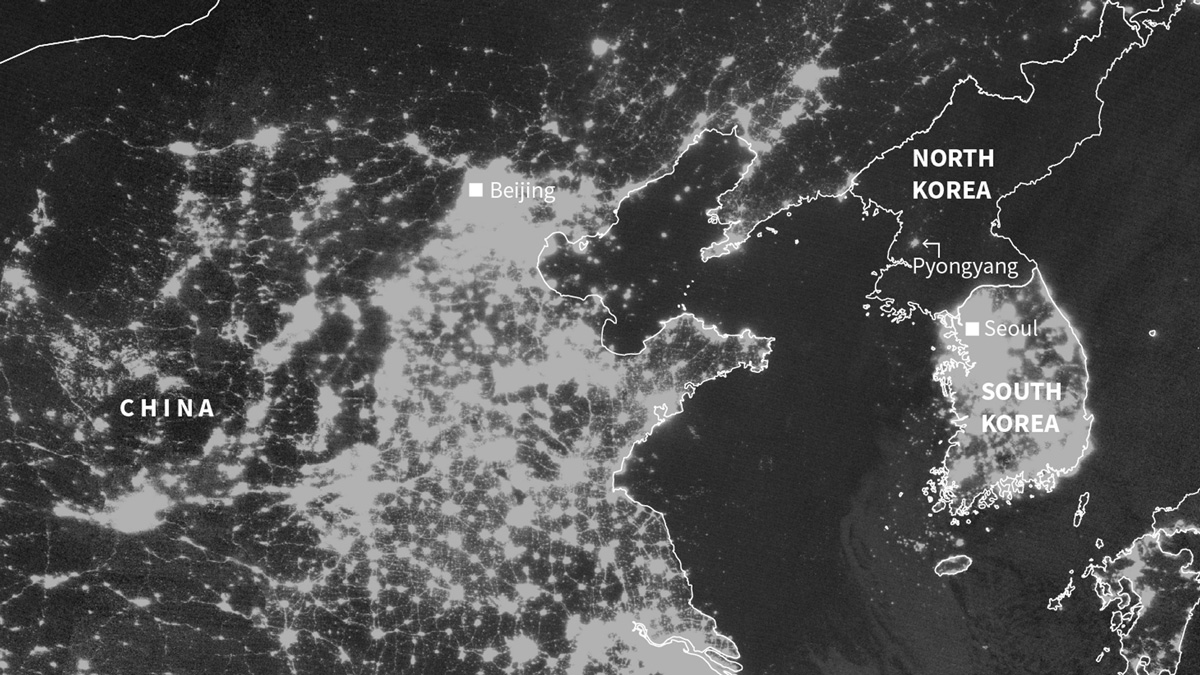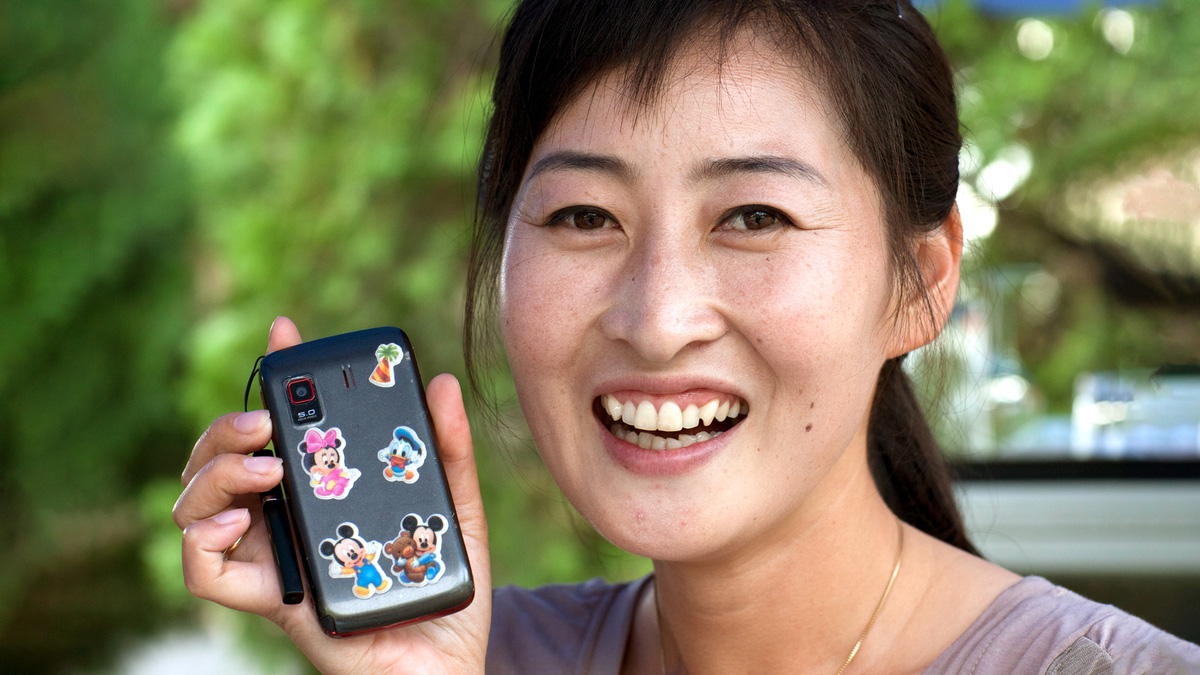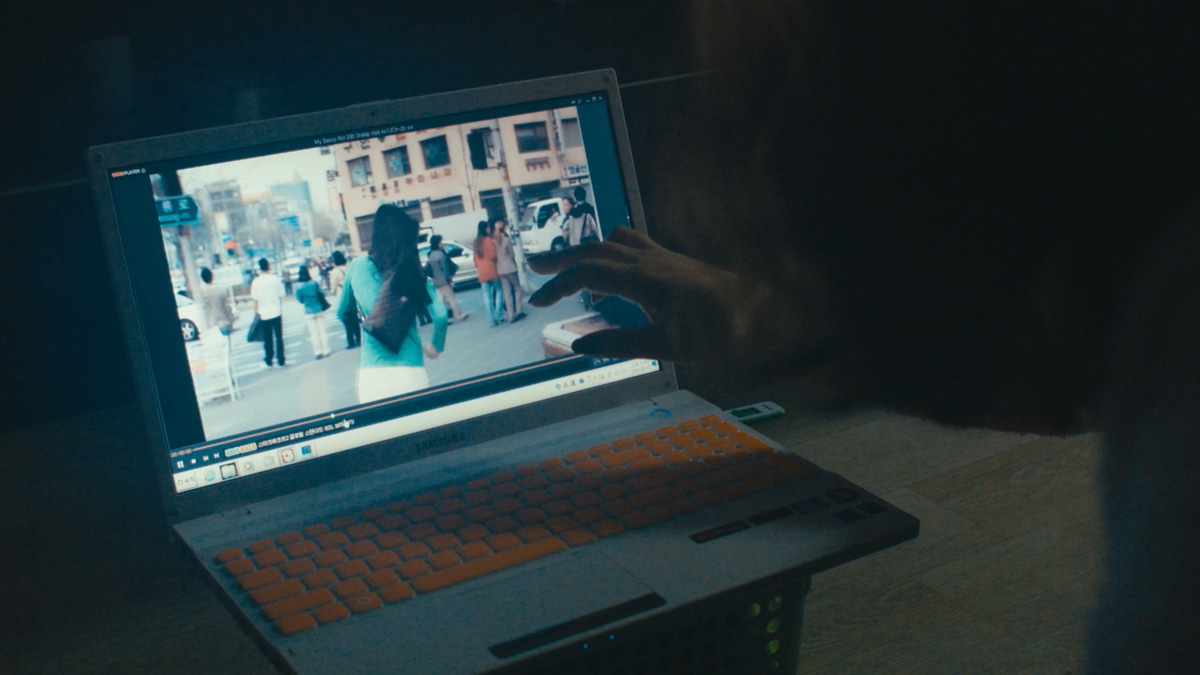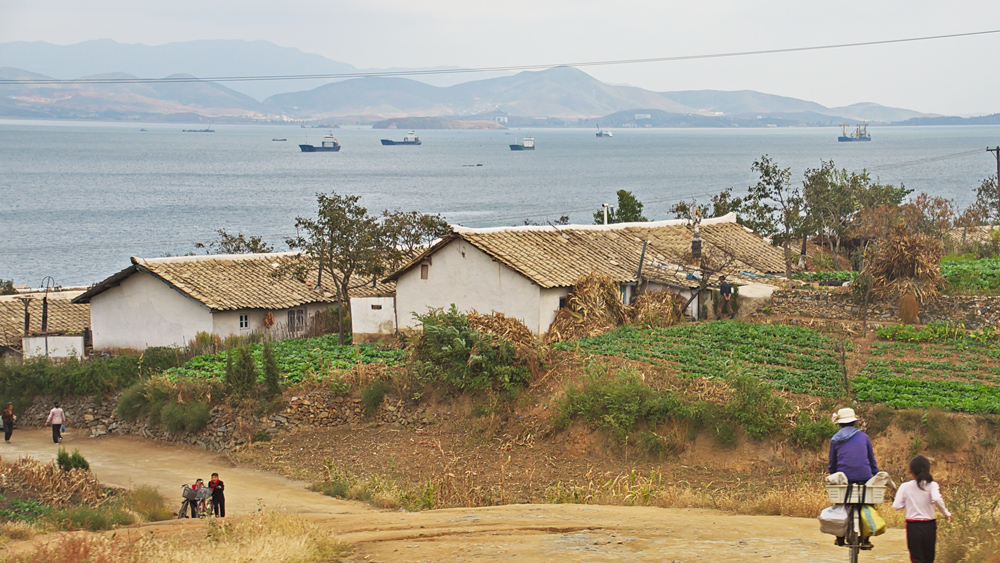Foreign Media in North Korea - How Kpop is Challenging the Regime
Movies, TV shows, and music hold power. They’re a way for us to connect through common experiences, reckon with different sides of humanity, and revel in the beauty of being here at all. They transport us to another time and place- perhaps one of our imaginations- and most importantly, allow us to dream and imagine a limitless future.

In recent years, South Korean media and entertainment has gained international recognition. People like Hyun Bin and Son Yejin, the stars of popular Korean drama Crash Landing on You, have become household names, while Parasite swept the 2020 Academy Awards and music from K-pop groups like BTS are charting globally.
Meanwhile, just across the border, North Korea remains one of the most closed societies in the world. Yet even in the “hermit kingdom,” foreign media is accelerating empowerment of the people and change within the country!
Forced Isolation and the Regime’s Information Monopoly
The North Korean government has maintained power for decades through a system of imposed isolation, relentless indoctrination, and brutal repression. A complete monopoly on information and ideas within the country has been key- outside media threatens to challenge the legitimacy of their propaganda, and by extension, their control.
The 2014 United Nations Commission of Inquiry on Human Rights in North Korea reported an almost complete denial of the right to freedom of thought, conscience, and religion as well as of the rights to freedom of speech, opinion, expression, and association.

The regime employs a range of strategies to enforce information control:
- Restricting movement across borders and within the country
- Random house searches
- Severe punishment, including public executions, to deter foreign media consumption and sharing
- Sophisticated digital surveillance
- Jamming phone signals and locating users through signal triangulation
- Mobile OS file signature system that only permits government-approved apps and files
The Spread of Foreign Media
Despite this isolation and unparalleled internal restrictions, the North Korean people have been quietly changing their country from within, including through foreign media access. Through market activity and the movement of people and goods across the Chinese border, they have forced the gradual opening up of their society. Movies and music are smuggled into the country on USBs, SD and MicroSD cards, and small portable media players, offering illicit access to information from the outside world.
With lights off and windows shuttered, North Koreans will watch foreign media despite the risks. If all else fails, bribes are a way for people to reduce punishment if caught. Most North Korean police and government officials rely on bribes to survive, and some defectors complain that they are actually the biggest consumers of foreign media because they confiscate so much.

Information Technology in North Korea
Within North Korea, a broad range of information technologies are available, although they should be registered with authorities. Laptops and computers officially run on a government operating system, Red Star OS, while the North Korean intranet, Kwangmyong, is air-gapped from the internet and heavily surveilled. However, in practice, many North Koreans have non-networked devices used for games, editing software, watching videos, and to copy, delete and transfer media on removable devices.
Mobile phones are also common with approximately 6 million on the North Korean network, meaning roughly 1 in 4 people have one. These North Korean phones generally cannot make international calls and the operating system limits users to approved state media (programs have been developed to bypass this security). On the other hand, smuggled Chinese phones can be used in border regions on the Chinese network. These have been crucial for staying in touch with relatives who have escaped or defected, who often send back money and information from the outside world.

Radios are the only channel of foreign media and news available real-time across the country. While they should officially be registered and fixed to North Korean stations, it is relatively easy to tamper with radio sets to pick up foreign broadcasts. In border regions, some TVs can also pick up live programming from South Korea and China. Traditionally, TVs were connected to DVD players, but newer LCD televisions also have direct USB input ports.
How Foreign Media Changes Perceptions
Among foreign media, entertainment from South Korea is particularly attractive, produced in the same base language by people with the same ancestry. They contain glimpses of rich and free realities just across the border. In comparison, domestic North Korean media seems old-fashioned and disingenuous, designed to reinforce the regime’s ideologies.
As North Koreans learn more about life, freedom and prosperity in the outside world, and their own relative poverty, the regime’s ideology and control are eroded.

“At first you see the cars, apartment buildings, and markets and you think it must be a movie set. But the more you watch, there’s no way it can be just a set. If you watch one or two [movies] it always raises these doubts, and if you keep watching you know for sure. You realize how well South Koreans and other foreigners live.”
– Danbi, escaped North Korea in 2011
Empowered by foreign media, North Koreans are exploring their creativity and potential through everyday acts of resistance- using South Korean slang, copying fashion styles, and sharing pop culture references. In this culture war, Kim Jong-un has called for crackdowns on "unsavory, individualistic, anti-socialist behavior" among young people to restrict freedom of expression.
Foreign media also facilitates shared acts of resistance. People will swap USB devices with trusted friends and neighbors, increasing confidence in one another through a symmetrical transaction. Some people may also watch and discuss movies and shows together, increasing the media’s subversive influence and creating social networks.
The Regime’s Response
During the pandemic, we’ve seen unprecedented levels of isolation and restrictions, closing off the country more than ever before. To buttress control, Kim Jong Un has simultaneously increased crackdowns and punishments on foreign media consumption. In December 2020, the “anti-reactionary thought law” made watching foreign media punishable by 15 years in a political prison camp.
While the situation is harrowing, the government’s extreme response underscores the power of foreign media. The regime recognizes that social changes driven by North Korean people are a threat to their authority and control in the long term.
Accelerating Foreign Media Access and Change
Moving forward, increasing access to outside information is one of the most effective ways to help the North Korean people and bring forward change.
Information and technology support for North Korean people has historically been an under-utilized and under-invested strategy. LiNK Labs is our area of work focused on this opportunity- we’re developing technologies, networks, and content to empower North Korean people with access to information and ideas from the outside world.
I Escaped at 6 Years Old. Am I Really North Korean?
By Sean
Sean is a participant of LiNK’s Intensive English Program (LIEP), designed to build the capacity of North Korean English speakers at the intermediate level. In partnership with the British Council, LIEP aims to cultivate participants’ communication and critical thinking skills in English. LIEP is complementary to our broader LiNK English Language Program (LELP), which supports speakers of all proficiency levels.

From Fear to My Spear
Growing up, I was a very timid boy who avoided anything that made me uncomfortable. I never raised my hand in class because I was too embarrassed to speak in front of people. Just the thought of everyone looking at me made me freeze.
One time in elementary school, every student had to sing in front of the class for a music assignment. I was extremely nervous, not only because I hated standing on stage, but also because I was afraid people would laugh at my terrible singing. It felt like a kind of phobia. I ended up crying and quietly went back to my seat.
But as I grew older, things started to change.
In early 2021, I began playing the electric guitar. At first, I practiced by myself, but after a while I wanted to play with others and do something more meaningful with music. I heard that my church band was looking for a guitarist, so I asked the band leader if I could join—very unusual for someone like me, who had never wanted to be on stage before. To be honest, I wasn’t even good enough to play during a live service. But the band leader still let me join.
I made plenty of mistakes every week. Every Sunday, I was always nervous before going on stage. But this time, I didn’t run away from fear. I knew I wouldn’t grow if I kept avoiding challenges. I realized that achieving goals often comes with pain and discomfort.
Over time, I got better at guitar and became more comfortable performing in front of people. Now, I feel totally fine being in front of a crowd. That experience really changed me. Since then, I’ve tried to face challenges instead of avoiding them.
In the summer of 2023,I had the opportunity to go to England and help raise awareness about North Korea. A Christian organization invited me and some North Korean friends to speak to people in the UK about life in North Korea. My role was to translate their stories into English for the audience.
At one of the events, I was shocked by how many people were there. There were hundreds, maybe even thousands of chairs. I had never spoken in front of such a large crowd before and I had to speak in English, not my first language. I was terrified. But I reminded myself that this was another opportunity to grow. I didn’t back down. I did my job and didn’t give up. I continued translating for two weeks as we traveled across England, helping North Korean refugees share their stories.
There was another reason I had to translate. I didn’t have much of my own story to share. I was born in North Korea, but I left when I was six years old, so I don’t remember much. But during this trip, I learned a lot more about North Korea. I also saw that many people around the world truly care about what’s happening there and I realized that I care, too.
This was the first time I used my language skills for something meaningful. It was the first time I spoke, not just for myself, but for North Korea.
Growing up, I never really realized that I was from North Korea. My mother didn’t want me to interact with other North Korean kids, and I didn’t have any of the typical traits of a North Korean refugee. The way I spoke and behaved was completely South Korean. I spoke fluent South Korean, and I just lived like everyone else around me.
It wasn’t until late 2020 that I met North Korean students for the first time at an alternative school in Seoul. It was quite interesting to meet people who were born in the same place as me, but I felt different from them. Most of them had arrived in South Korea during their late teenage years. They spoke with a North Korean accent and shared detailed memories of their lives in the North. But I had nothing to share. I didn’t remember anything from North Korea. I felt like a South Korean kid surrounded by North Koreans. I couldn’t relate to their stories at all.
That’s when I started to question my identity. Am I South Korean or North Korean?
But after my experience in the UK, I can now say with confidence that I am both. I am North and South Korean.
One meaningful moment was when I shared my mother’s story---how she escaped North Korea and survived in China. She had told me this story many times, but saying it out loud myself was very different. I could feel it more deeply. It wasn’t just something I had heard anymore, it became something I carried. I realized more clearly that I am from North Korea and that my mother went through many hardships. Telling the story helped me feel more connected to my background. North Korea started to feel closer, more real, and more personal.
Now, more than anything, I want to study and learn more about North Korea. The world needs to be aware of what is happening in the North. With increasing attention and focus from the outside, we will be able to take the first step toward unification. Even if unification doesn’t happen, it could lead to the opening of borders.
Since I speak both French and English, I have come to realize that I am able to use my language skills to let the world know about North Korea. I’ve already overcome my fear of speaking on stage. That fear used to hold me back, but not anymore. Now, I feel that I need to get ready to speak up for North Korea and help the world understand its people and stories.
I’ve lived as a South Korean and connected deeply with North Koreans. I understand both sides in a way that not many people can. That’s why I believe I can become a bridge between the two Koreas.
As I continue to grow, I will keep improving my language skills and keep learning so that one day, I can stand on the global stage and speak for the people of North Korea. I want to be someone who helps the world see them not as strangers, but as part of one family.
-
Opportunities like LiNK’s Intensive English Program (LIEP) are helping North Koreans find their voice, reach their goals, and lead change on this issue. Your support can help us continue to make an impact in the lives of North Korean refugees, like Sean.




